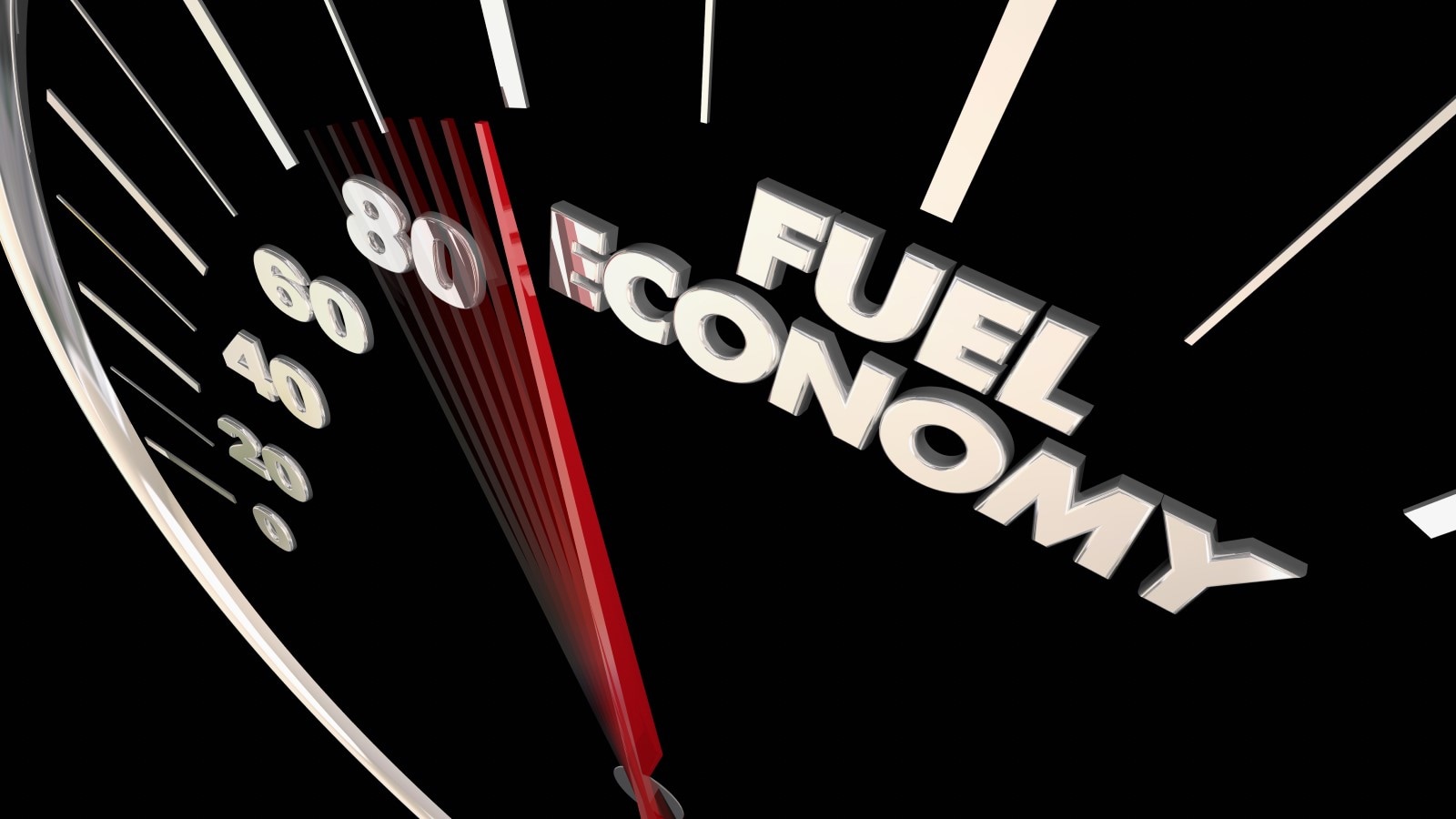
Fuel efficiency is your car and its engine working to deliver the highest possible miles per gallon (mpg) of fuel.
The fuel efficiency of a car is dependent on many factors. Engine configuration — such as the number of cylinders — and engine size can substantially affect a car’s overall fuel efficiency. Due partly to the greater energy density of diesel fuel and the higher compression ratio used within the cylinder, diesel engines tend to be substantially more fuel efficient than gasoline engines.
A vehicle’s drivetrain will factor into its fuel efficiency. Four-wheel-drive vehicles are less efficient than 2-wheel-drive (2WD) variants because the engine sends power to more wheels and requires more fuel. Of the 2WD drivetrains, front-wheel drive in a front-engine car is more efficient than rear-wheel drive.
Other factors influencing fuel efficiency are the car’s weight, the weight of passengers, onboard luggage’s weight, aerodynamic drag, and rolling efficiency. Operators must appropriately maintain a vehicle. A car in a poor state of repair will perform less efficiently and have higher fuel consumption.
These days, hybrid systems that can increase a car’s fuel efficiency are gaining popularity. A hybrid is a vehicle that uses a secondary method of producing power to enhance or supplement the power of the vehicle’s engine. This secondary power source is almost always a battery-powered electric motor.
